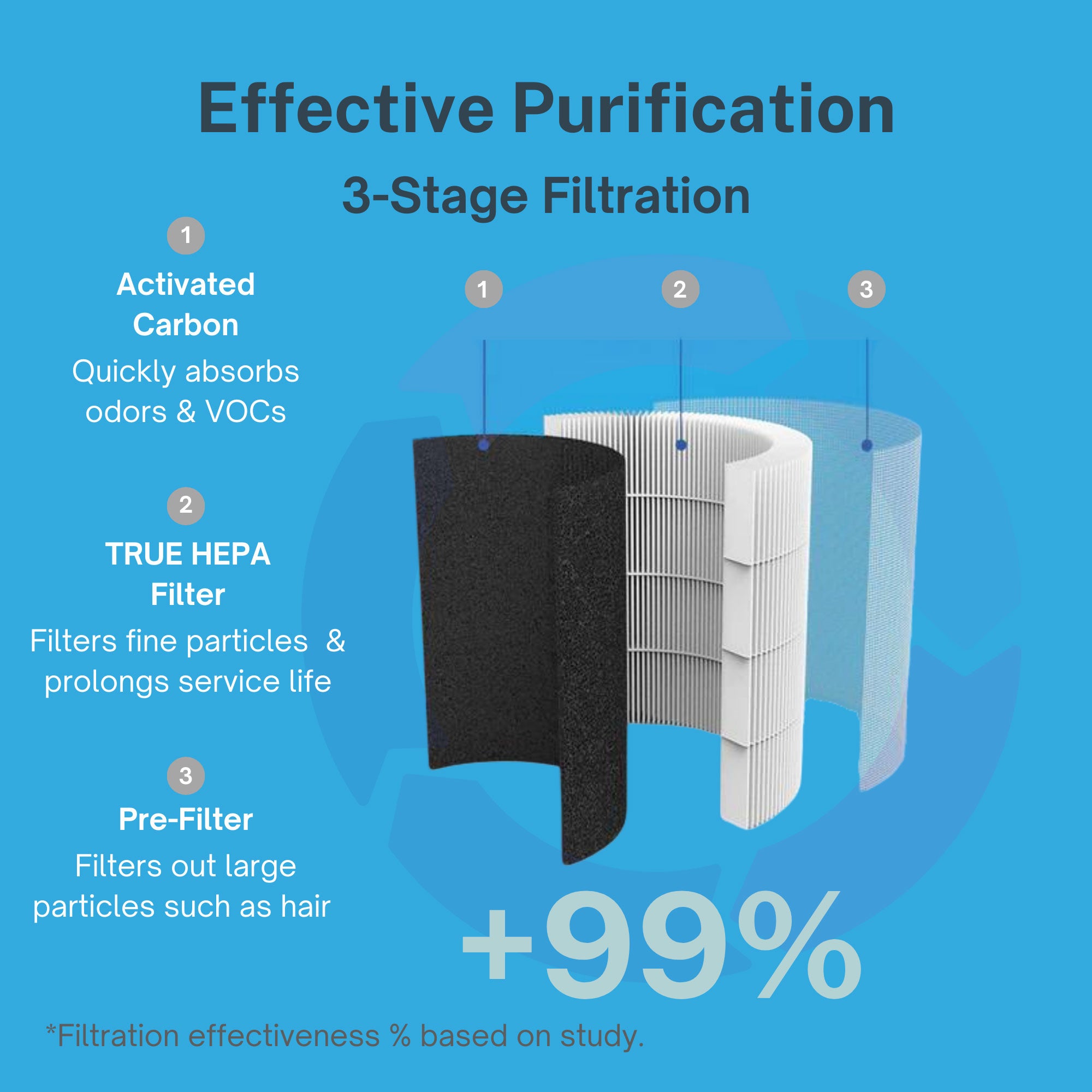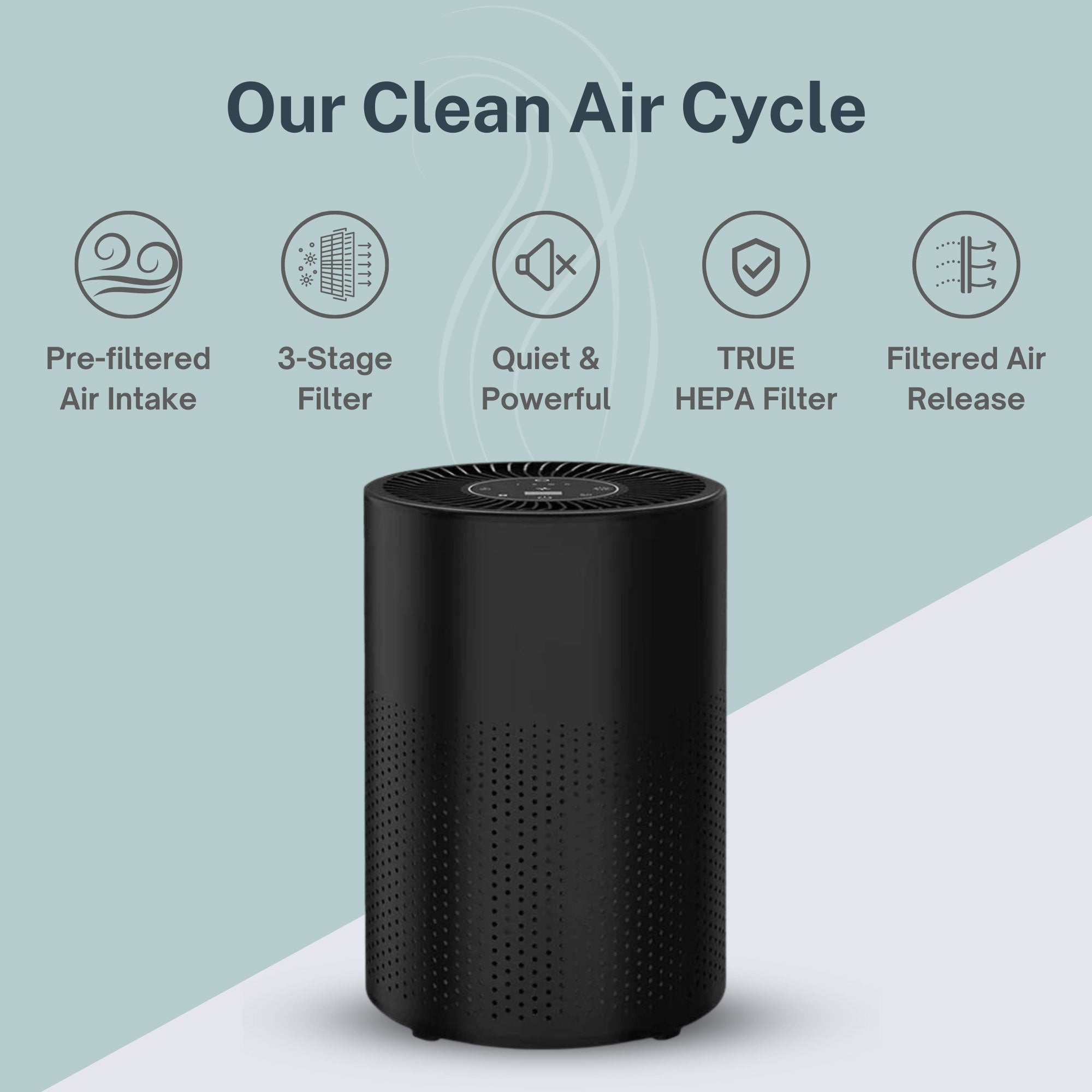A comprehensive new study reveals that air pollution from oil and gas operations causes approximately 91,000 premature deaths annually in the United States. The research examined the complete lifecycle of fossil fuel production and consumption to document widespread health impacts affecting millions of Americans.
The study, published in Science Advances, represents the first analysis to examine health consequences across all stages of oil and gas operations, from initial exploration through final consumption by end users.
Study Examines Complete Fossil Fuel Lifecycle
Researchers analyzed pollution data from 2017, tracking emissions through every phase of oil and gas operations. The analysis covered exploration and extraction activities, storage and transportation systems, refining and processing facilities, and end-use consumption patterns across the country.
The study methodology examined fine particulate matter (PM2.5), nitrogen dioxide, ozone, and other hazardous air pollutants generated throughout the fossil fuel supply chain. This comprehensive approach provides the most complete picture to date of health impacts from oil and gas operations.
According to Environmental Protection Agency air quality data, fine particulate matter poses the greatest risk to human health among common air pollutants. These microscopic particles penetrate deep into lung tissue and enter the bloodstream, causing systemic health problems throughout the body.
Since 2017, US oil and gas production has increased by 40 percent while consumption has grown by 8 percent, suggesting current health impacts may exceed the study's findings. The expansion of domestic fossil fuel operations continues to expose more communities to air pollution health risks.
Health Impacts Extend Beyond Respiratory Disease
The research documents 91,000 premature deaths annually attributable to oil and gas air pollution, representing a significant public health burden that extends across multiple disease categories. Cardiovascular disease accounts for the largest portion of pollution-related deaths, followed by respiratory conditions and cancer.
The study also identified 10,350 preterm births linked to air pollution from fossil fuel operations. Exposure to fine particulate matter and nitrogen dioxide during pregnancy increases risks of early delivery, low birth weight, and developmental complications that affect children throughout their lives.
Childhood asthma represents another major health consequence, with 216,000 new cases annually attributed to oil and gas air pollution. Children living near extraction sites, refineries, and major transportation corridors face elevated risks of developing respiratory conditions that require lifelong medical management.
The research documented 1,610 cancer cases per year linked to fossil fuel air pollution, particularly affecting communities near refineries and chemical processing facilities. These industrial operations release known carcinogens including benzene, formaldehyde, and other compounds that increase cancer risks through chronic exposure.
Geographic Distribution Shows Regional Patterns
California, Texas, New York, Pennsylvania, and New Jersey recorded the highest health burdens from oil and gas air pollution, reflecting both large populations and significant fossil fuel infrastructure in these states. However, health impacts vary considerably within states based on proximity to pollution sources.
Texas leads the nation in both oil and gas production, creating extensive air pollution exposure risks for residents living near extraction sites, refineries, and transportation infrastructure. The state's Gulf Coast region contains the highest concentration of petrochemical facilities in the country.
California's air pollution burden stems primarily from oil refining, transportation fuels, and end-use consumption in densely populated urban areas. Despite aggressive air quality regulations, the state's large population and continued fossil fuel use create substantial health impacts.
The Air Oasis focus on comprehensive indoor air protection addresses the reality that outdoor air pollution from industrial sources can infiltrate homes and workplaces, requiring advanced filtration systems to protect families from these widespread contaminants.
Pennsylvania's health burden reflects both natural gas extraction activities and air pollution from transportation and consumption in major metropolitan areas. The state's Marcellus Shale region has experienced significant expansion of gas drilling operations in recent years.
Community Exposure Patterns Reveal Disparities
The research identified significant disparities in pollution exposure across different demographic groups, with some communities facing disproportionately higher risks from oil and gas air pollution. These exposure differences reflect historical patterns of industrial facility siting and residential segregation.
Communities with higher concentrations of minority residents experience greater exposure to pollution from exploration, extraction, transportation, and storage activities. These areas often lack the political and economic resources to prevent or mitigate industrial pollution sources.
According to National Institute of Environmental Health Sciences research, environmental justice concerns arise when certain populations face higher pollution burdens due to socioeconomic factors rather than individual choices or behaviors.
Industrial processing facilities, including refineries and chemical plants, tend to locate in areas with lower property values and less political resistance. These siting patterns create concentrated pollution exposure for nearby residents who may have limited ability to relocate.
The study's findings align with previous environmental justice research documenting how pollution burdens fall disproportionately on communities with fewer economic and political resources to address environmental health threats.
Global Context of Air Pollution Health Impacts
Air pollution ranks as the second leading risk factor for death globally, after high blood pressure and before tobacco use. The health consequences documented in the US study reflect patterns observed worldwide as fossil fuel use expands in developing nations.
The World Health Organization estimates that at least nine out of ten people globally live in areas with air quality that exceeds recommended health guidelines. Only seven countries met WHO air quality standards in recent assessments, highlighting the global scope of air pollution health impacts.
Fine particulate matter pollution causes approximately 7 million deaths worldwide annually and reduces average life expectancy by 2.3 years globally. These statistics represent the cumulative impact of all air pollution sources, including fossil fuel operations, transportation, industrial activities, and other emission sources.
WHO updated its air quality guidelines in 2021 to reflect new scientific evidence showing that air pollution causes health damage at lower concentrations than previously understood. The stricter standards indicate that current pollution levels pose greater health risks than older guidelines suggested.
Economic and Policy Implications
The health costs documented in the study represent significant economic burdens through medical expenses, lost productivity, and reduced quality of life for affected individuals and families. These costs extend beyond direct healthcare to include educational impacts, workplace absences, and caregiving responsibilities.
Healthcare systems bear substantial costs treating pollution-related diseases including cardiovascular conditions, respiratory illnesses, and cancer. Emergency department visits and hospitalizations for air pollution-related health problems create ongoing financial burdens for patients and healthcare providers.
The study's findings provide data that policymakers can use to evaluate the true costs and benefits of fossil fuel operations when considering energy development decisions. Comprehensive cost-benefit analyses should include health impacts alongside economic and environmental factors.
Public health agencies can use the research to identify priority areas for pollution monitoring, health surveillance, and intervention programs designed to protect vulnerable communities from air pollution health risks.
Individual Protection Strategies
While systemic solutions require policy changes and industry improvements, individuals can take steps to reduce their exposure to air pollution from fossil fuel sources. Indoor air quality becomes particularly important as outdoor pollution levels increase in many areas.
Monitoring local air quality conditions allows families to adjust outdoor activities during high pollution periods. Air quality index reports provide daily information about outdoor pollution levels and health risk categories for sensitive individuals.
Comprehensive indoor air purification helps protect families from outdoor pollution that infiltrates homes through normal ventilation processes. Standard home air filters cannot address the fine particulate matter and gaseous pollutants generated by oil and gas operations.
The Air Oasis advanced filtration technology specifically addresses the complex mixture of pollutants generated by fossil fuel operations, providing multi-stage protection against particulate matter, volatile organic compounds, and other hazardous contaminants that threaten indoor air quality.
Looking Forward: Health and Energy Decisions
The study's documentation of substantial health impacts from oil and gas operations provides important information for evaluating energy choices and their consequences for public health. These findings add to the growing body of evidence linking fossil fuel use to health problems across diverse populations.
Healthcare professionals can use this research to better understand pollution-related health patterns in their communities and provide more informed care for patients with conditions that may be linked to air pollution exposure.
The research highlights the importance of considering health impacts when evaluating energy policies and infrastructure development decisions that affect community exposure to air pollution from fossil fuel operations.
Protect Your Family from Industrial Air Pollution
Industrial air pollution from oil and gas operations can affect your home's air quality even from distant sources. Don't let these invisible contaminants compromise your family's health. Invest in comprehensive air purification technology proven to remove the fine particulate matter and toxic compounds that threaten indoor air quality. Shop Air Oasis today for advanced filtration systems that provide protection from industrial air pollution.

























































